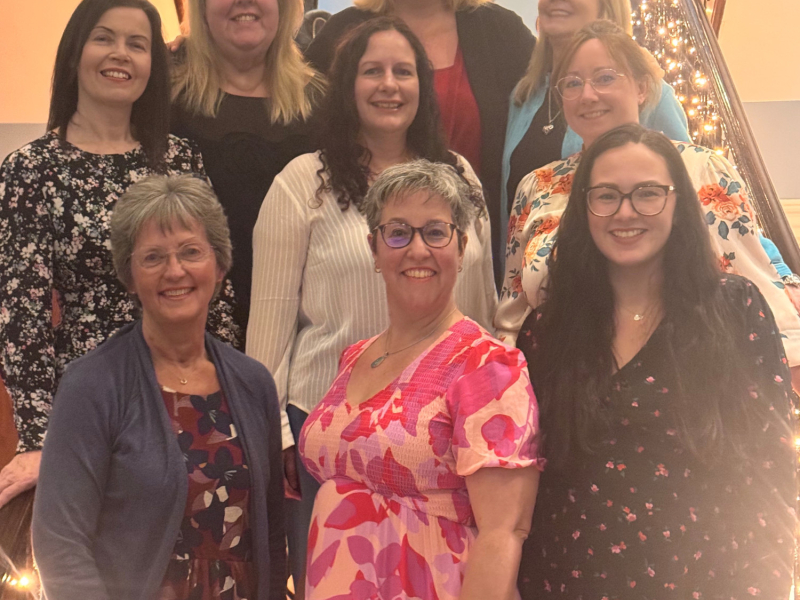Voices of Visible Difference #YoureNotAlone Men’s Campaign
30 September 2020
Voices of Visible Difference: Episode 4 Our #YoureNotAlone Men's Campaign
Over the next five days, Changing Faces is going to be focussing on the experiences of men with visible differences. Through their #YoureNotAlone men’s campaign, Nerve Tumours UK will be sharing their voices encouraging more men to seek appearance related support and featuring real stories of men living life with a visible difference. Currently only around 2 in 10 clients Changing Faces supports are men. The campaign is part to highlight existing support to men that are affected.
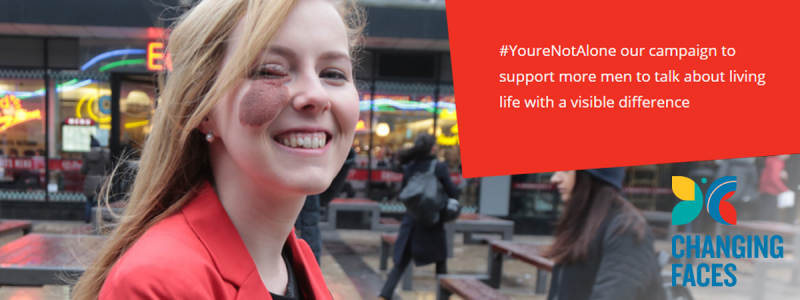
New research reveals two-thirds of men with a visible difference feel embarrassed, worried or afraid because they look different.
New survey of over 1,000 men with a visible difference by charity Changing Faces reveals:
Three-quarters of men with a visible difference say men are under pressure to meet macho male stereotypes (76%) and that men do not talk about their appearance (75%)
Nearly three-quarters of men (72%) say there should be more conversations among men with visible differences
A quarter (23%) of men with a visible difference feel self-conscious or embarrassed about showing parts of their body
Two-thirds (64%) of men with visible differences felt negative emotions, such as being embarrassed, worried or afraid, when they realised they looked different
Three-quarters of men with a visible difference say men are under pressure to meet macho male stereotypes and a quarter say they feel self-conscious or embarrassed about showing parts of their body. That’s according to the charity Changing Faces whose new research reveals six in ten men with a visible difference agree people react differently to a man with a visible difference than a woman.
The survey conducted by Savanta ComRes of over 1,000 men with a visible difference, such as a mark or scar, highlights how men with a visible difference are contending with a double challenge; handling the reactions of others, and living in a society where talking about appearance is still more acceptable for women than men.
Two-thirds (64%) of men with visible differences felt negative emotions, such as being embarrassed, worried or afraid, when they realised they looked different.
– Changing Faces CEO, Becky Hewitt"Looking different in a society that promotes and values ‘perfection’ is tough and it’s no wonder that men find it difficult to speak out about their experiences. All too often men with disfigurements are portrayed negatively, with scars often used as a shorthand for villainy.
Added to that there’s a prevailing attitude that men should ‘just get on with it’, and not worry about how they look. It’s a toxic blend that doesn’t help people who could really benefit from support."
The research found that three-quarters of men with a visible difference say men do not talk about their appearance but agreed that there should be more conversations among men.
– Changing Faces Campaigner, Rory McGuire"When you look different you have to be ready for daily stares and comments. That takes its toll, particularly if you don’t feel able to talk about how it makes you feel.
In my late teens I eventually started to speak out. At first, I shared my experiences online. I had positive reactions from all over the world, and closer to home, people realised the impact of appearance related bullying and abuse. Things started to change for the better.
We need men, and women, to know that it’s okay to talk about your appearance, and how other people’s reactions can make you feel."
The research also found that a quarter (23%) of men with a visible difference feel they are a stronger person because of looking different.
– Changing Faces Ambassador and Actor, Adam Pearson"When I look back at the young man I was, to the person I have become, I am very proud of him. It’s not always easy looking different in a world that is so focused on perfection.
Growing up there were no positive role models of people with disfigurements in the media. So now I’m on a mission to be more visible. I speak out and share my experiences, because if it helps one more man, or woman, feel able to share how they’re feeling about their appearance, that’s a job well done."
Changing Faces say currently only around 2 in 10 of the clients they support are men and have launched a campaign to encourage more men to come forward and access support services, such as free one-to-one counselling, peer group chat and an online self-help programme.
Hear more from men with visible differences
Changing Faces campaigners and ambassadors have been sharing their experiences of being a man and living life with a visible difference in the latest My Visible Difference podcast out now, guest hosted by Changing Faces ambassador Adam Pearson.
Filter News

Repurposing anti-retroviral drugs to treat NF2 related tumours Retreat Study
Join a brand new study treating tumours in NF2 patients.
Read More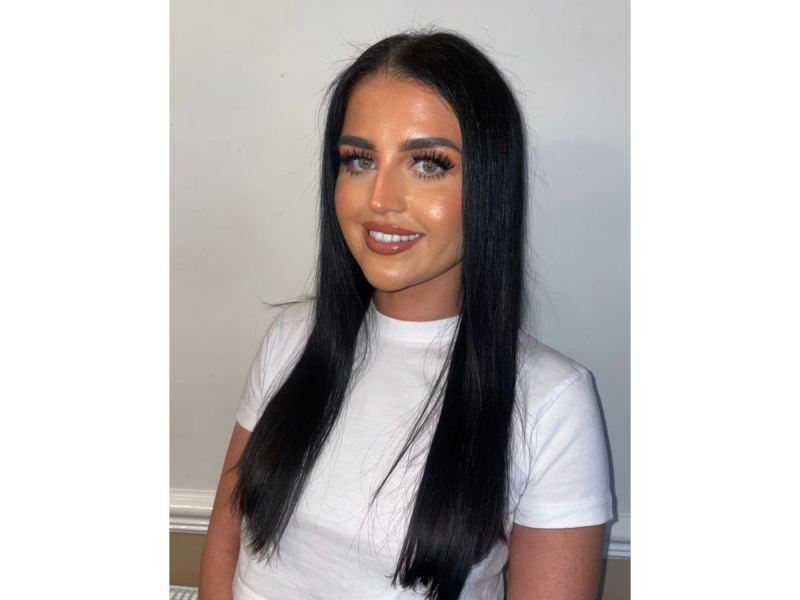
Raising Awareness Georgia’s Blog
My name is Georgia Baum, I’m 25 years old and an Ambassador for Nerve Tumours UK. Read my Blog and follow my journey!
Read More
Be Kind and Be Brave
December Coffee Club at Guy's and St Thomas' - A Christmas Karma Special Screening
Read More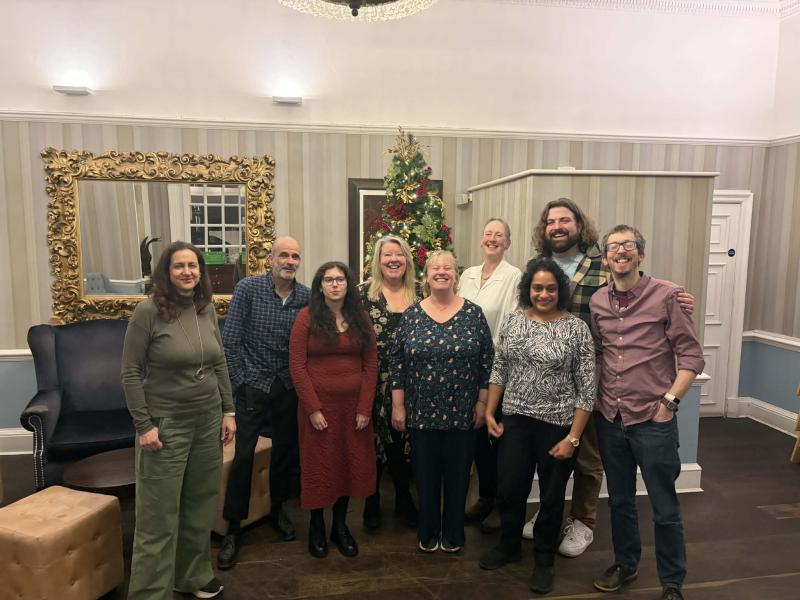
Christmas Message from the NTUK Head Office Team
Happy Christmas from all of us at Nerve Tumours UK
Read More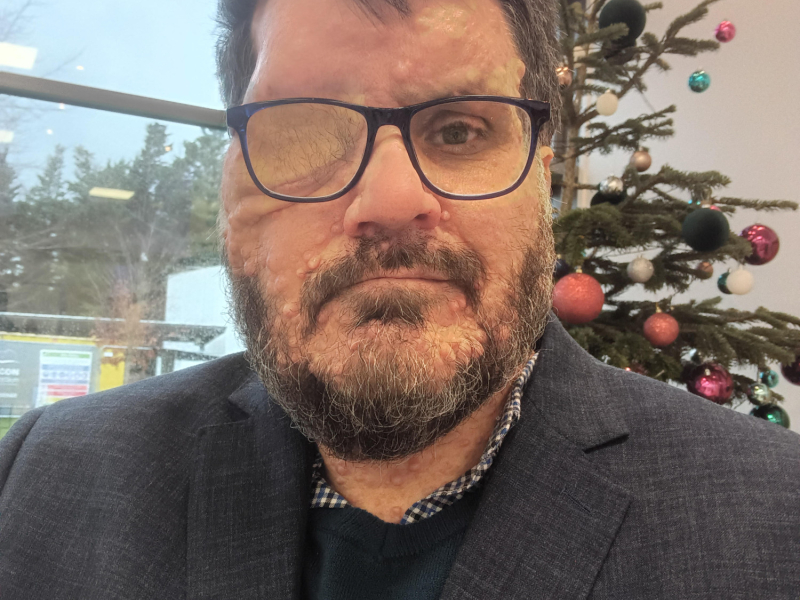
Oliver Bromley - Reflections of 2025 - Outlook to 2026
“Looking back, looking forward – A year in the life of the NF community”
Read More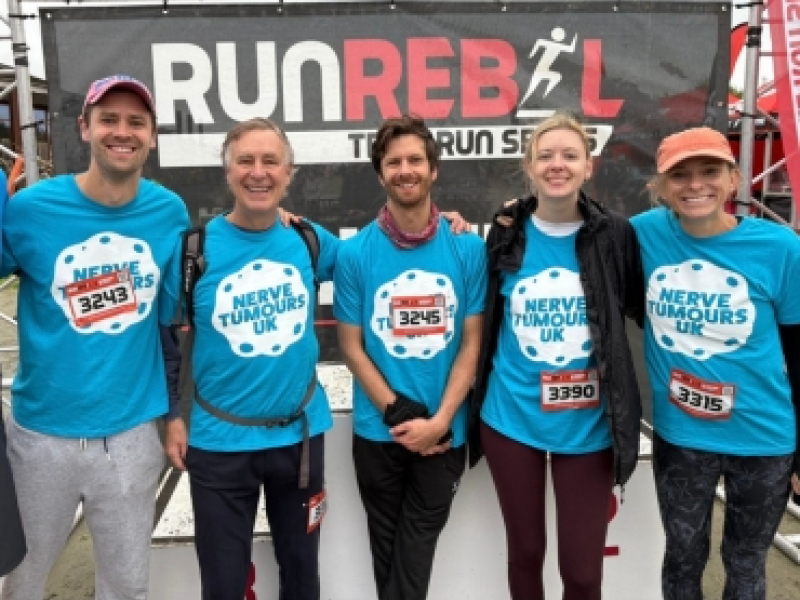
Chair, Richard Goode and family brave the West Wittering 10k
Richard Goode, Chair of the NTUK Board of Trustees, and his family took on the Wittering Beach 10k
Read More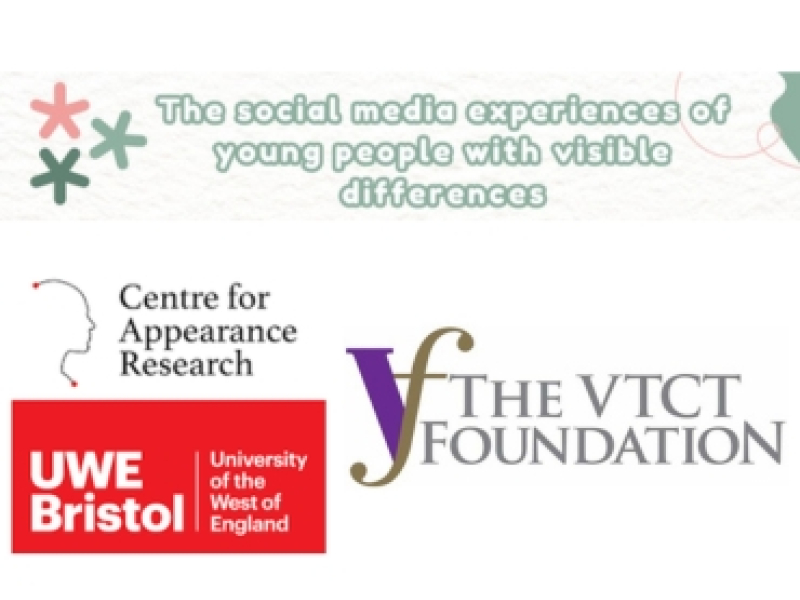
CAR: Social media experiences of young people with visible differences
Young people with visible differences discuss the positive and negative aspects of using social media - find out more
Read More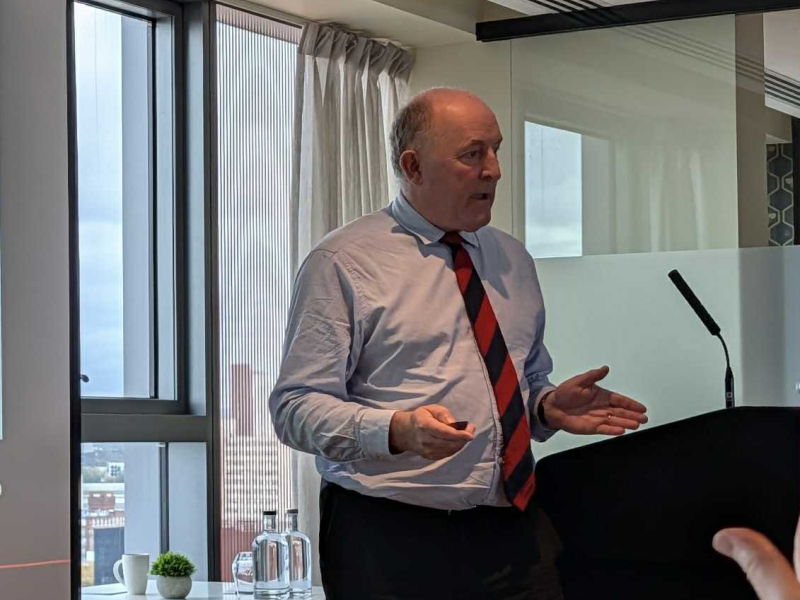
National NF2 Meeting 2025
On Tuesday 4th November, the NF2 clinical community and national charities gathered in Manchester for the biannual meeting.
Read More
